The health benefits of
What’s your favorite
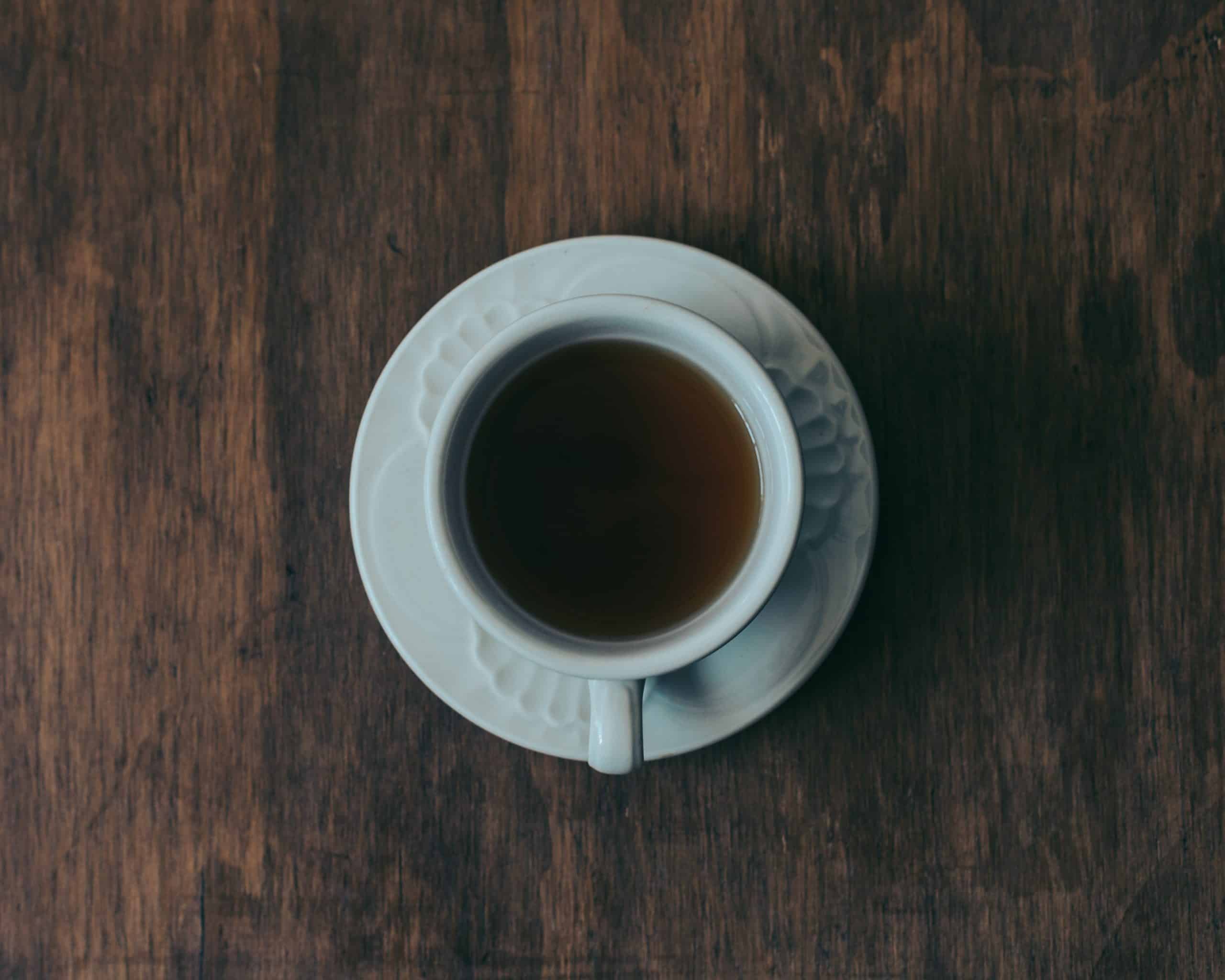
A new black tea to me and becoming a favorite for many reasons, Two Leaves and a Bud
What is Black Tea
Discovered in China about 4000 or more years ago, and as the story goes…
The tale goes that while a passing army entered the Fujian province, they decided to take shelter at a nearby tea factory. This held up production at the tea factory. The tea leaves were left out in the sun, which caused them to oxidize for a longer period of time and resulted in darker leaves. Trying to speed up the drying time, they decided to smoke the leaves over pine wood. This created Lapsang Souchong, one of the first black teas.
Back then, tea was drunk as a concoction to keep one warm and fortified with vital nutrients.
Black tea is the most popular tea consumed, accounting for over 90 percent of all tea sold in the West. To
black tea because of oxidation.
India’s
The flavor of
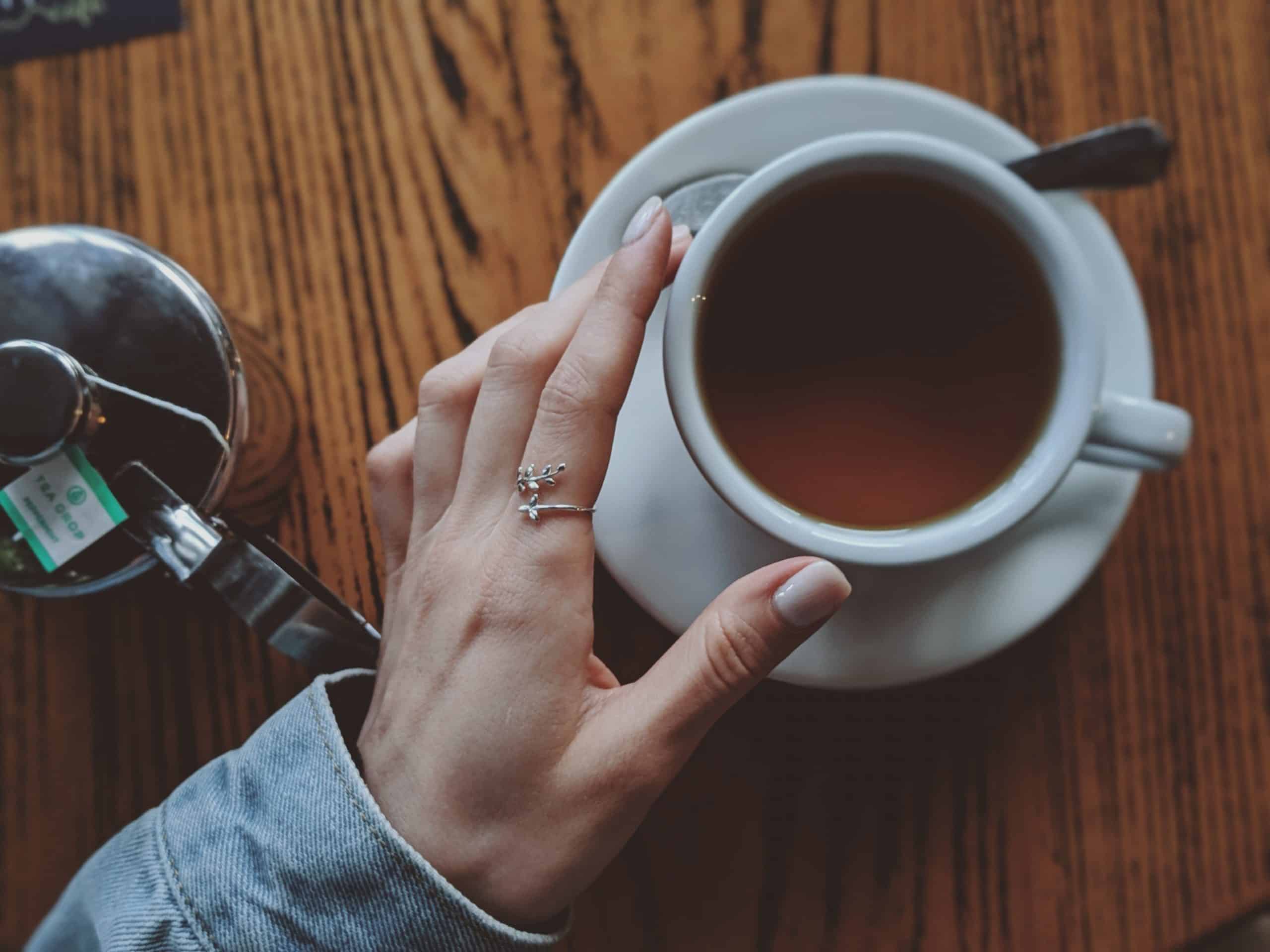
Authentic Chinese Tea, a company striving to change the tea world: ITeaWorld
Health Benefits of Black Tea
Heart – Flavones in the tea help improve your heart. Studies have shown that drinking 3 cups of tea a day can help reduce the risk of coronary heart disease.
Lowers Ovarian Cancer Risk – Catechins and theaflavins in
Diabetes – Lower the risk of Type 2 diabetes by drinking tea. The catechins and theaflavins help cellular function and help you become insulin sensitive.
Immunity – Antioxidant-rich tea helps restore normal cell and body functions.
Bone health – Phytochemicals found in tea can help lower the onset of arthritis.
Brain health – High concentration of antioxidants in
Digestion –
Cholesterol – Theaflavins in
Weight loss –
Stress – The scent alone can relax you.
Oral Health –
Mental State of Mind – The caffeine in
Skin – Tea has a detoxifying effect on the body, and antioxidants help repair the skin from damage.
Blood Pressure – A study of people who drank
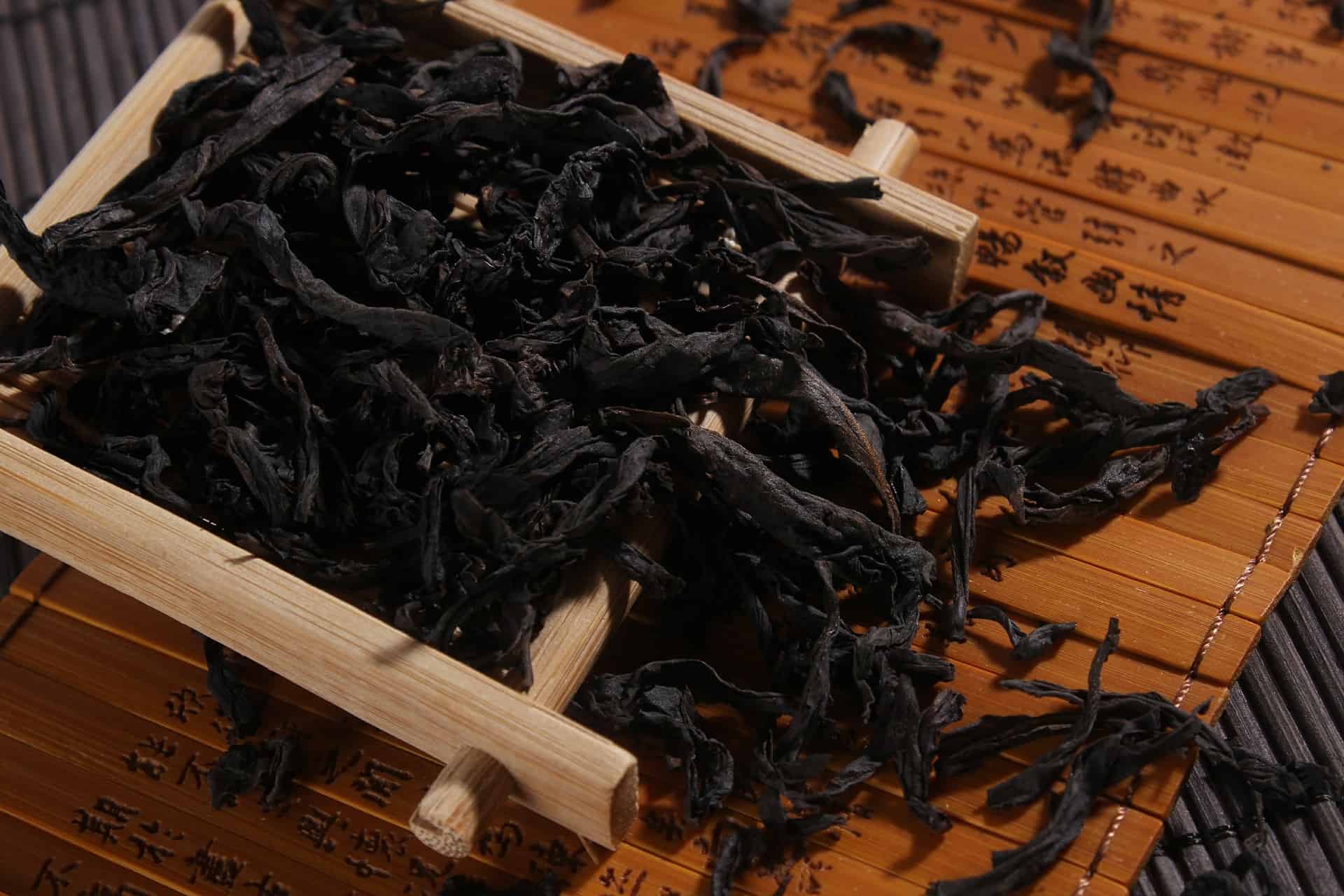
Check out Numi Tea for a twist on the breakfast tea.
Black Tea Nutritional Facts
Black tea is also full of healthy nutritional substances called polyphenols. Polyphenols are antioxidants that can help protect your cells from DNA damage.
These are a few of the antioxidants in
- Catechin
- Flavonoids
- Theaflavins
- Thearubigins
Black tea has less caffeine than coffee (about half less)
USDA National Nutrient Database for Standard Reference
https://ndb.nal.usda.gov/ndb/foods/show/14278
Nutrient data for: Beverages, tea, green, brewed, regular
NutrientUnit1Value per 100 g1 cup = 245.0g
- Water g99.93244.83
- Energy kcal12
- Protein g0.220.54
- Total lipid (fat) g0.000.00
- Carbohydrate, by difference g0.000.00
- Fiber, total dietary g0.00.0
- Sugars, total g0.000.00
Minerals
- Calcium, Cam g00
- Iron, Fem g0.020.05
- Magnesium, Mg g12
- Phosphorus, Pm g00
- Potassium, Km g820
- Sodium, Namg12
- Zinc, Znmg0.010.02
Vitamins
- Vitamin C, total ascorbic acid g0.00.0
- Thiamine g0.0070.017
- Riboflavin g0.0580.142
- Niacin g0.0300.073
- Vitamin B-6m g0.0050.012
- Folate, DFEµ g00
- Vitamin B-12µ g0.000.00
- Vitamin A, RAEµ g00
- Vitamin A, IUIU00
- Vitamin E (alpha-tocopherol) mg0.000.00
- Vitamin D (D2 + D3) µg0.00.0
- Vitamin D IU00
- Vitamin K (phylloquinone)µ g0.00.0
Lipids
- Fatty acids, total saturated g0.0000.000
- Fatty acids, total monounsaturated g0.0000.000
- Fatty acids, total polyunsaturated g0.0000.000
- Cholesterol mg00
Caffeine mg1229
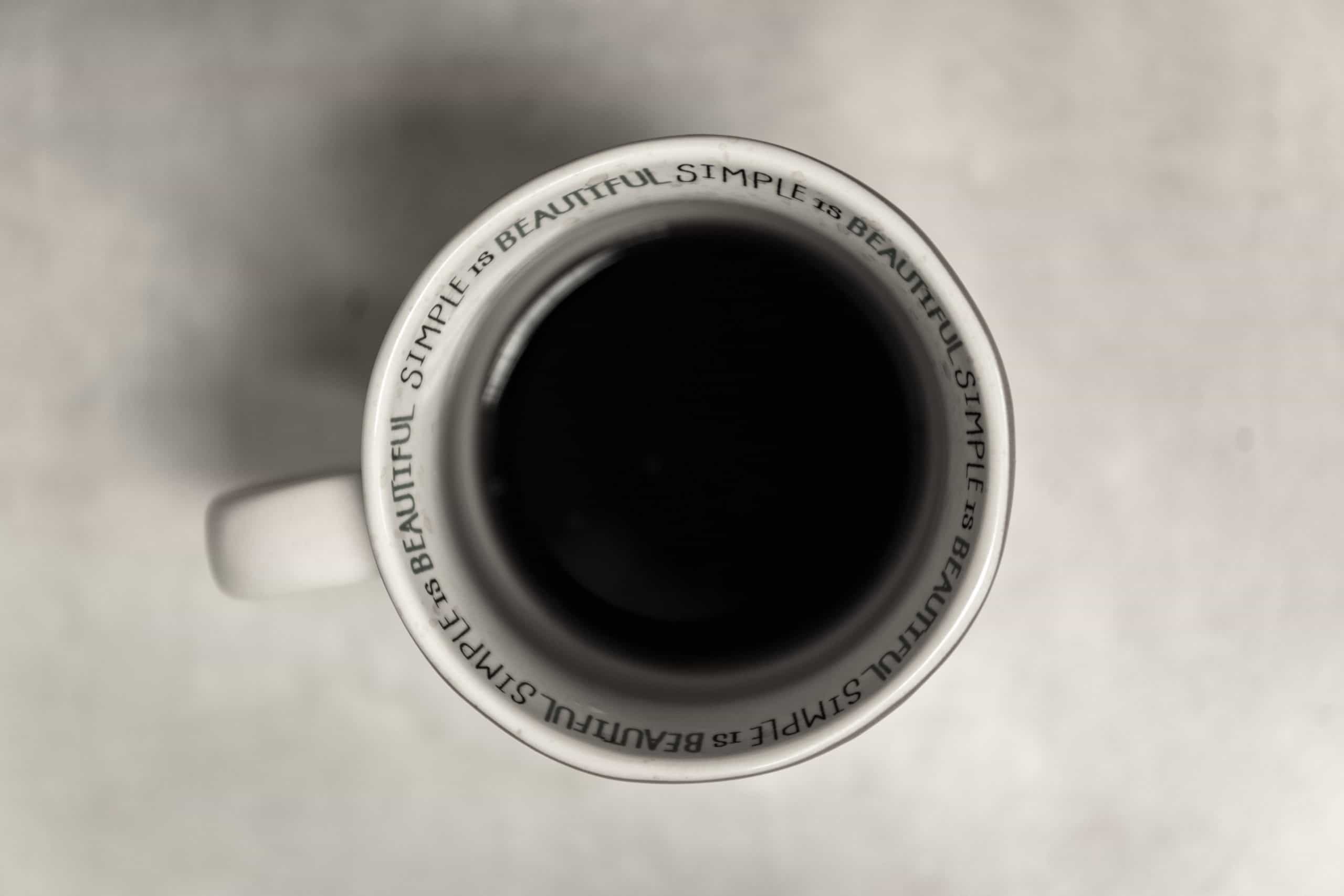
Who makes the best black tea? That’s up to you, but I love to give you choices:
Best known black teas
- Assam
- Ceylon
- Darjeeling
- Dian Hong Cha
- Earl Grey
- English Breakfast
- Irish Breakfast
- Keemun
- Kenya
- Lady Grey
- Lapsang Souchong
- Masala Chai
- Nilgiri
How To Prepare Black Tea
How to Store Black Tea
Buy in small amounts. There is no need to buy a lot; moderation is important. Store your tea in airtight containers in a dark, cool place.
Do not store in the refrigerator because of the condensation. Wood containers are not good either because they will not preserve the tea. Storing above the stove or a heat source is another bad idea. The heat can ruin the tea. Remember, your tea can absorb odors around it, so keep your tea away from your spices. That will become a very complicated mess.
When you buy your tea, see if you can find the date it was processed. Now, some teas, such as aged teas, can be much older, and that is perfectly fine. For most teas, you purchase, you do not want to buy something old and outdated.
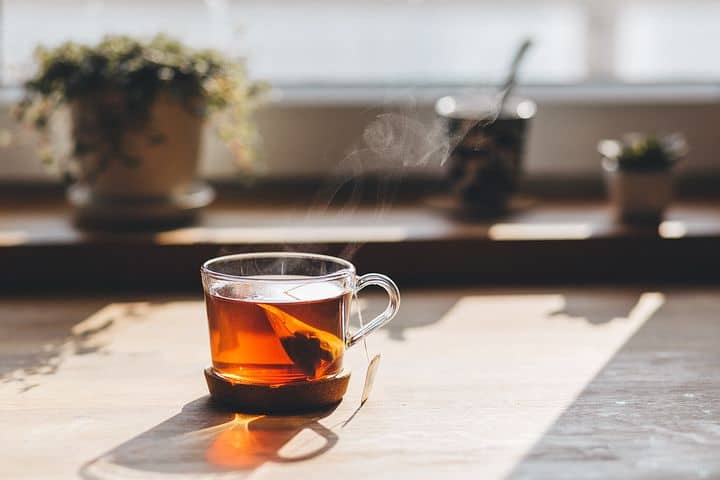
You honestly don’t have to look far for great-tasting black tea: Assam Tea has some great choices.
How To Brew your Black Tea
Items you will need
Teapot
- Electric
- Stovetop
- Smart infuser
- French press
Infuser
- Strainer used to separate the tea leaves from the water
- teabag
- tea balls
- open basket
Mug or Cup
Choose your tea
- Chinese black for a lighter brew
- Indian for a darker brew
- CTC for even darker (you can add milk if desired)
Prepare
- Heat your water to the desired strength, in this case, it’s
black tea so around 190 degrees - Prepare your leaves for the infuser
- Place the infuser in a cup
- Pour water over the infuser in a cup
- Steep tea for 3-5 minutes (choose your desired strength)
- Remove the infuser (strainer)
- Take a deep breath of freshly brewed tea and savor the moment
ENJOY
Optional
- Add milk
- Add Sweetener
While traveling to Canada a few years ago, I walked around the neighborhood of my hotel and found a lovely tea shop. I stopped in and had an incredible milk tea. That was a few years ago, and I had searched for a recipe and found one that was similar to what I had drunk in Canada.
I’m excited to share it with you.
Hong Kong Black Milk Tea Recipe
Ingredients
- 1 can Organic Evaporated Milk
- 3 teaspoons of organic
Black Tea - 1 eggshell (removes bitterness)
- 1 cup of water
Method
- Put about 3 teaspoons of tea, the eggshell and a cup of water in a small pot
- Bring to a boil and let boil for about 6 minutes. This will over-steep the tea which is intentional
- Take the tea off the heat and let cool for 3 minutes
- Fill your teacup 1/3 of the way with evaporated milk
- Bring the tea back to a boil
- Pour the tea through a strainer into a teacup
- Evaporated milk is already pretty sweet; if you need more sugar, add more! 🙂
ENJOY!
Black tea drawbacks
Anxiety – Caffeine in
Urination – Tea can make you pee (drink less at night)
Seizures – High caffeine content can bring on seizures. It can also stop seizure medicine from working.
Glaucoma – Caffeinated
Diarrhea – The caffeine in
Constipation – The tannins in
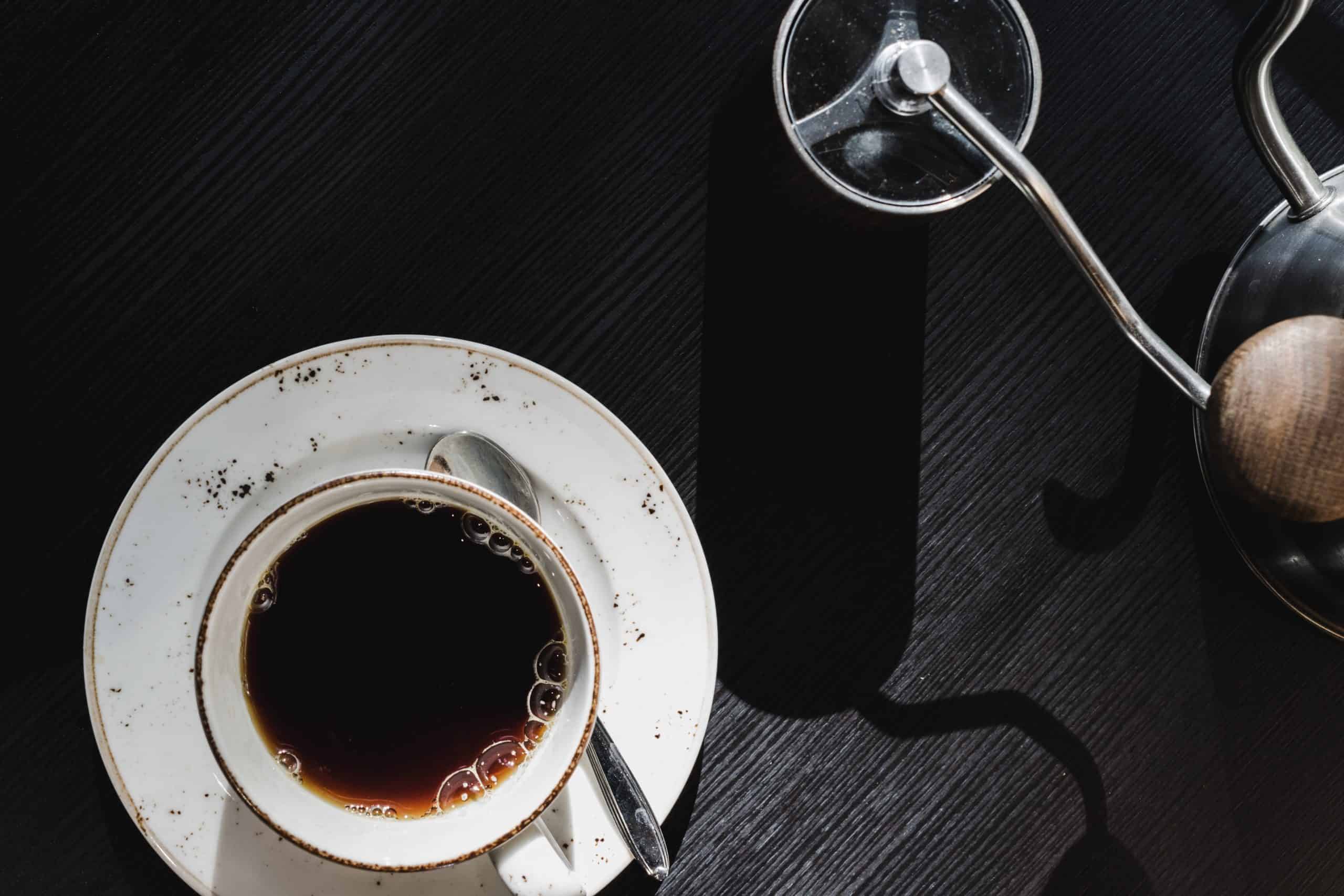
And, sometimes you just want to pop the lid and drink your tea, I suggest Tejava, unsweetened.
Conclusion
From the tea plantation to your cup, the journey starts with the picking of a leaf, processing, and packing. You open the container, take a deep breath, and the healing begins. The health benefits of


7 thoughts on “Benefits of Black Tea, Who Knew?”
Pingback: The natural and healthy self-care beauty tip you need to know about! - sweet honeybee health
Pingback: Top Five Tea Shops in Pittsburgh | Pittsburgh Family Magazine
Pingback: Some Things You Need To Know About Cheese Tea - My Tea Vault
Pingback: Do You Know the Nutritional Value Of Tea? - My Tea Vault
Pingback: Two Things You Never Knew Mixed Well: Tea, And Whiskey - My Tea Vault
Pingback: Mosi Infuser and Teas - Review - My Tea Vault
Pingback: What Does Tea Taste Like? Let's Explore Tea Varieties Taste - My Tea Vault